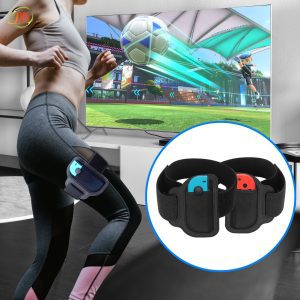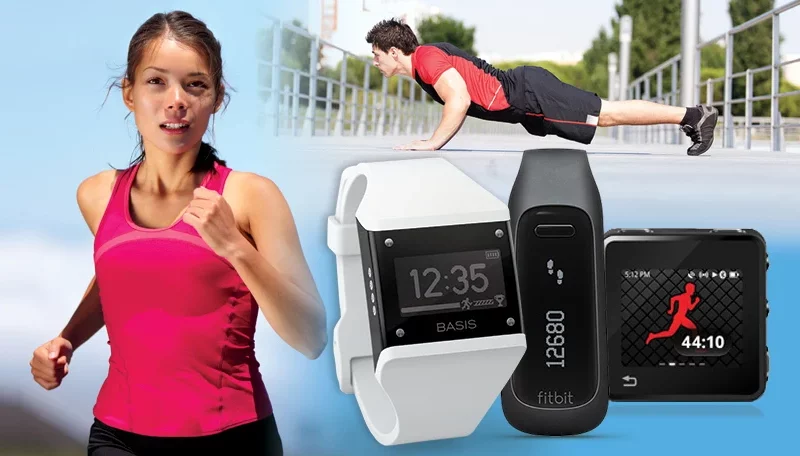Wearable Health Tech is revolutionizing healthcare, offering real-time monitoring, personalized insights, and proactive health management. This article explores cutting-edge innovations and their impact on patient care and wellness.
1. Introduction to Wearable Health Tech

Wearable Health Tech encompasses wearable devices equipped with sensors and connectivity features. These devices monitor vital signs, activity levels, and health metrics, empowering users to track their health in real time.
2. Fitness Trackers and Activity Monitors
Fitness trackers measure physical activity, calories burned, and sleep patterns. Advanced sensors provide accurate data on heart rate variability, steps taken, and exercise intensity, motivating users to achieve fitness goals.
3. Continuous Glucose Monitors (CGMs)
CGMs revolutionize diabetes management by continuously monitoring glucose levels. These wearable devices alert users to fluctuations, optimize insulin dosing, and improve glycemic control for better long-term health outcomes.
4. Smartwatches with Health Monitoring Features
Smartwatches integrate health monitoring features like ECG, blood oxygen saturation (SpO2), and fall detection. These devices enable early detection of heart irregularities, respiratory issues, and emergency situations, enhancing safety and well-being.
5. Remote Patient Monitoring Systems
Wearable health tech enables remote patient monitoring for chronic disease management and post-operative care. Healthcare providers track patients’ vital signs, medication adherence, and recovery progress remotely, reducing hospital readmissions and improving patient outcomes.
6. Sleep Trackers and Sleep Quality Analysis
Sleep trackers analyze sleep patterns, stages, and quality using sensors and algorithms. Insights into sleep duration, interruptions, and sleep efficiency help users understand their sleep habits and make adjustments for better restorative sleep.
7. Mental Health and Stress Management Devices
Wearable devices for mental health monitor stress levels, mood fluctuations, and emotional well-being. Biofeedback mechanisms and guided breathing exercises promote relaxation, mindfulness, and stress reduction strategies.
8. Personalized Health Insights and AI Integration

AI algorithms analyze wearable health data to provide personalized insights and actionable recommendations. Machine learning models predict health trends, detect anomalies, and suggest lifestyle modifications for preventive healthcare.
9. Innovations in Wearable Medical Devices
Advancements include smart clothing with embedded sensors for continuous health monitoring and smart patches for drug delivery and wound care. These innovations enhance comfort, compliance, and effectiveness in medical treatments.
10. Regulatory Considerations and Future Directions
Regulatory frameworks ensure safety, accuracy, and privacy in wearable health tech. Future directions include AI-driven wearables for early disease detection, integration with telemedicine platforms, and global adoption of wearable health solutions.












